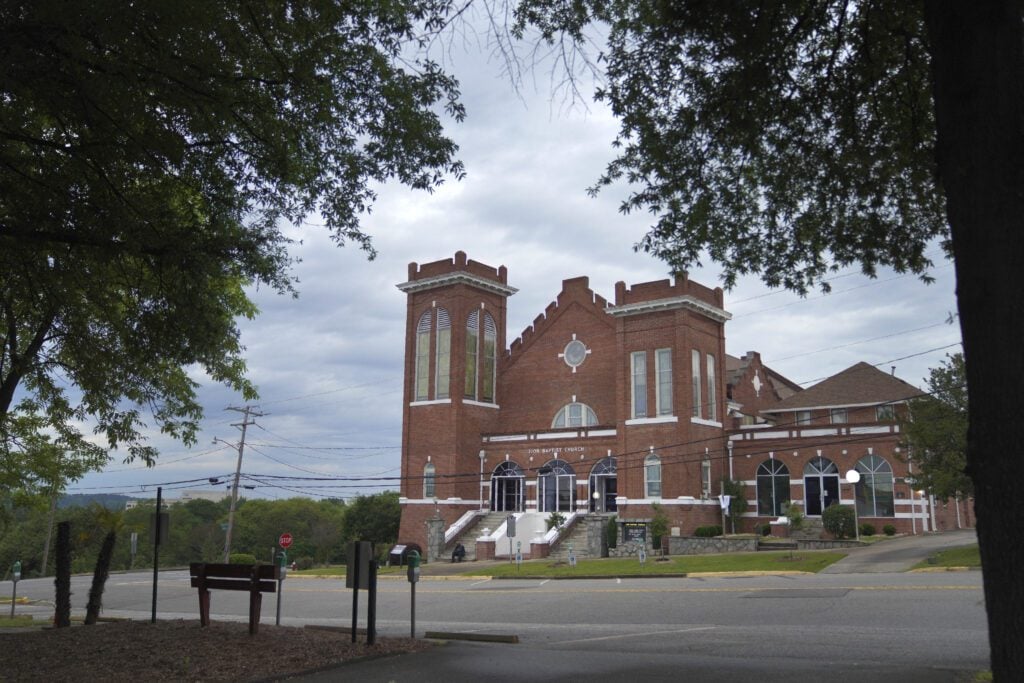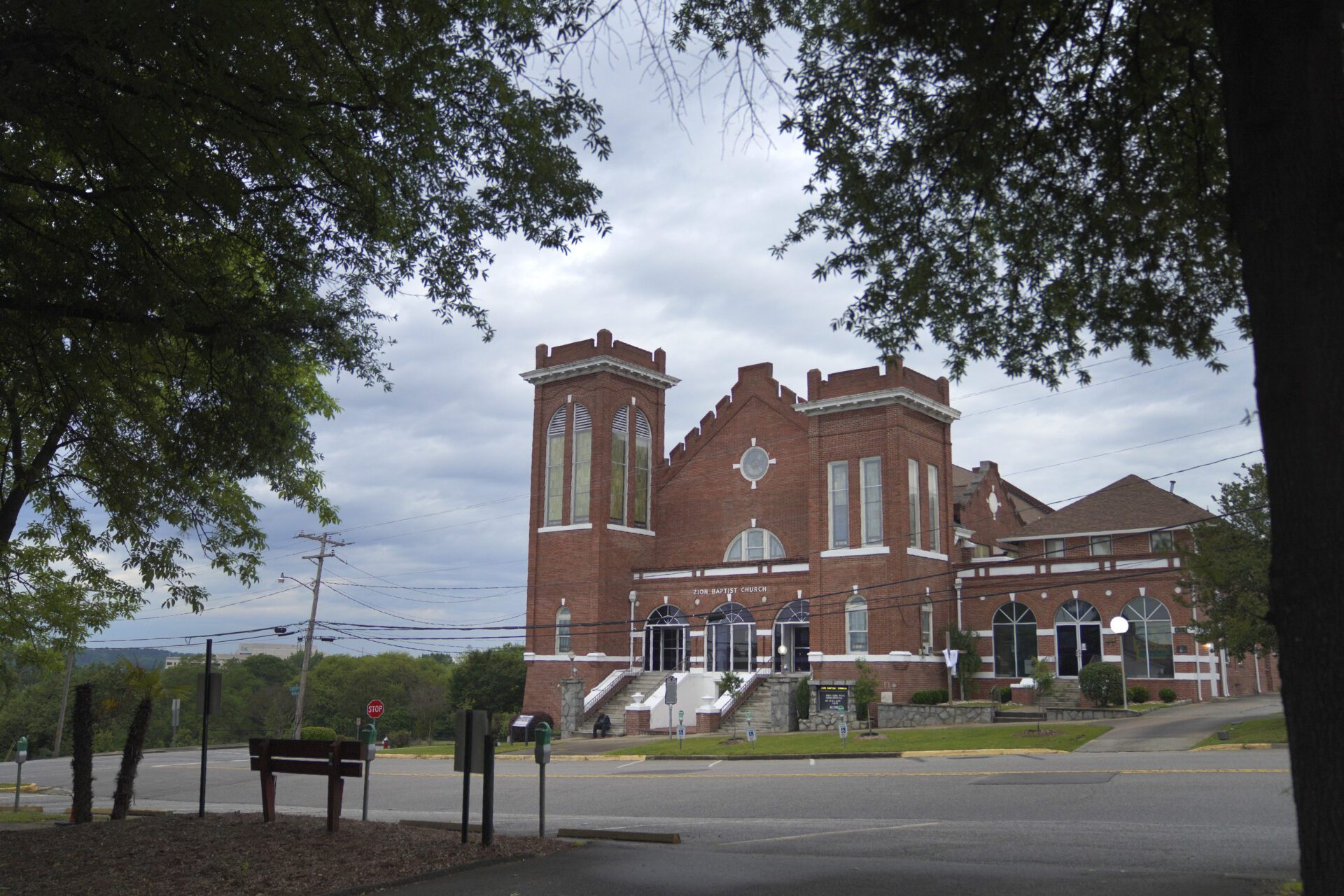While previous generations may have been more closely connected to organized religion, many young people are finding themselves drawn to a more personal and individualized spiritual outlet.
Indianapolis native Christian Boahene believes that spirituality has been more influential in his young adulthood than the traditional religious gatherings he experienced while growing up.
“I grew up in a fairly religious household,” Boahene said. “I was a member of the Church of Christ for quite some time.”
The research regarding religion and spirituality
A Gallup poll examining the drop in church membership since the turn of the century determined, “Church membership is strongly correlated with age, as 66% of traditionalists – U.S. adults born before 1946 – belong to a church, compared with 58% of baby boomers, 50% of those in Generation X and 36% of millennials,” as reported by Jeffrey M. Jones in the article “U.S. Church Membership Falls Below Majority for First Time.”
One explanation for this shift may be an increasing displeasure with conventional religious organizations. Many millennials feel that these institutions are out of touch with their values and beliefs and are more interested in maintaining the status quo as opposed to helping young people connect with their spirituality.

Millennials are turning to alternative techniques like introspection, yoga, meditation and mindfulness to help them reach a feeling of inner peace and harmony with the universe. These practices are often more convenient and inclusive than customary religious institutions, and they allow young people to explore their spirituality in their own time.
More research on religion
As Boahene grew older, his mind shifted away from conventional religious practices, such as Bible study, Communion and church picnics. Boahene stated that constant scandals and mistrust in church politics steered him away from the pews for quite some time.
“You have guys like Eddie Long, Creflo Dollar and Joel Osteen showing you who they are,” Boahene said.
In a study performed by the Pew Research Center, approximately 3,200 younger millennials between the ages of 18-29 were asked about their source of guidance between right and wrong. A massive 46% said that “common sense” is a source of guidance.
Only 23% of the younger millennials interviewed use religion as a source of guidance between right and wrong.
The same study determined that 68% of younger millennials believe in heaven; 62% do not attend group prayers, religious education groups or Bible studies; 50% are “certain” that God exists; 48% attend a religious service “a few times a year”; only 38% believe that religion in one’s life is “very important.”
Despite these metrics, 49% of the people studied reported achieving spiritual peace at least once a week.
Naturally, this shift away from organized religion is not without its disadvantages. Some young people fear that without a strong network of faith, they may be missing out on the social and inspirational support that religion often provides.
However, people young and old are finding ways to connect with like-minded individuals through online communities and meetups in Indianapolis.
Understanding spiritual wellness
Moreover, Boahene even attempted to locate other places of worship outside of his conventional understanding.
“I’ve tried White churches, Arab churches, all kinds,” Boahene said. “These churches were pushing empowerment and self-awareness. Ironically, that empowered me to leave the church in search of my spiritual well-being.”
While traditional religious institutions may still have an important role to play in our society, it is important to recognize and respect the growing trend toward individualized spiritual practices.
Boahene makes a clear distinction between religion and spirituality.
“Religion is the organized practice of things from the Bible or Holy Word. Spirituality is the practical application of those teachings to our everyday lives,” Boahene said. “What good is going to church faithfully on Sundays if you do not live the word Monday to Saturday?”
Contact multi-media staff writer Noral Parham III at (317)-762-7846 or email at NoralP@IndyRecorder.com. Follow him on Twitter @NoralParham.
Noral Parham is the multi-media & senior sports reporter for the Indianapolis Recorder, one of the oldest Black publications in the country. Parham has worked with various leagues to provide a diverse perspective in sports, including the Big Ten, Big East, IHSAA, IndyCar, MLB, NHRA, NFL, NBA, WNBA, WWE and the Olympics. Prior to joining the Recorder, Parham served as the community advocate of the MLK Center in Indianapolis and senior copywriter for an e-commerce and marketing firm in Denver.





